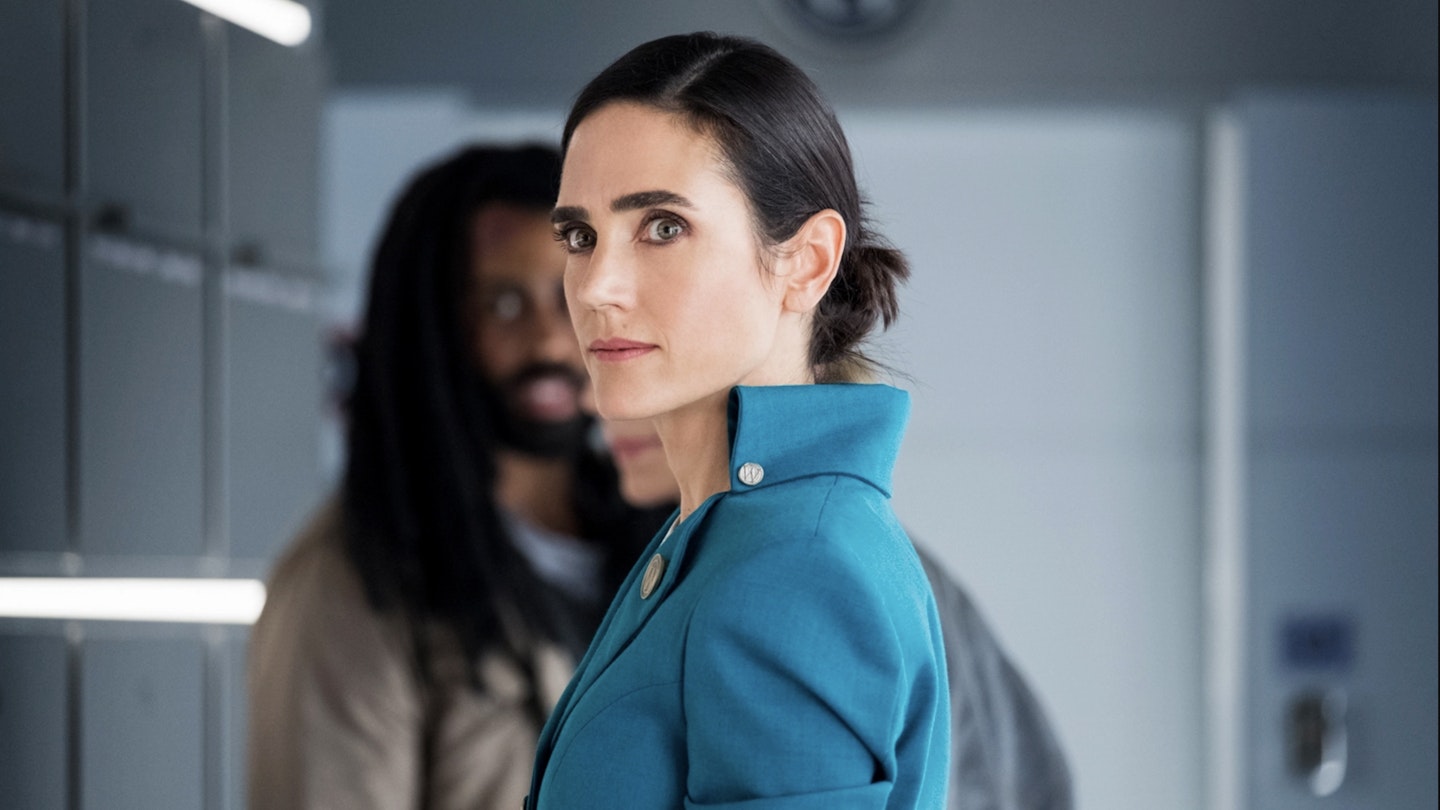When it comes to tardy transportation, the Snowpiercer franchise could give Thameslink a run for its money. Debuting in 2013, Bong Joon-Ho’s (Parasite) critically-acclaimed movie only received a UK release last year, while this similarly overdue TV adaptation has been languishing in development hell for half a decade. Now, after firing a showrunner, losing a director, and completely re-shooting the pilot, Snowpiercer pulls into Netflix’s station with Orphan Black’s Graeme Manson wearing the conductor's hat.
That the film was a haunting critique of capitalism and a powerful allegory for the eternal class war is perhaps the biggest obstacle for this 10-part series. It has neither the propulsion nor the punch of its forebear but, to the show’s credit, it deliberately aims for neither. Rather than attempt to spin Bong’s taut thriller into a returning series, Manson has instead taken its setting (itself lifted from 1982 French graphic novel La Transperceneige) and re-booted the timeline, opting instead for, of all things, a police procedural structure. At least at first. Daveed Digg’s Andre Layton is, it transpires, the last homicide detective on Earth, and when a body drops uptrain, he’s pulled from steerage purgatory to solve the crime. What follows is a somewhat surprising future noir, with Diggs’ hardboiled hero ruffling first-class feathers in search of the truth, as sneering brakemen throw sharp elbows and the train’s ‘hospitality’ staff give him just enough rope to hang himself with.

The show makes more of the train’s sheer size — 1001 carriages and ten miles long — even going so far as to introduce a fast transit system (a train within a train) allowing the narrative to skip around Snowpiercer’s various locales without interruption. Diggs, perhaps best known for his head-turning role in Hamilton, is every inch the dogged dick, dropping smart-ass asides as he digs up the truth, and pivoting seamlessly into a charismatic freedom fighter as the story evolves. Meanwhile, Jennifer Connolly stands out as Melanie Cavill, the train’s icy head of hospitality. In her crisp, turquoise uniform, immaculately groomed, she panders to the rich while ensuring the locomotive keeps running, a core of steel ensuring she’ll do so by any means, putting the train itself, and the order upon which it rests, above human concerns.
Once the story moves past its disposable murder mystery, Snowpiercer picks up speed.
With occasionally cumbersome dialogue and a story that manages to stay just the right side of trashy, Snowpiercer’s grim, dystopian mystery occupies a similar tier to Netflix’s_Altered Carbon_. It’s both enjoyable and somewhat compelling, requiring little in the way of sustained concentration — ideal lockdown entertainment. Less bleak than the film, but lacking Bong’s black humour, this is a po-faced affair, and with neither the verve nor momentum, it suffers by comparison. However, separated from the movie and taken on its own merits, there’s much to enjoy. From good supporting characters — Allison Wright’s earthy Ruth is a delightful nod to Tilda Swinton — to an expansion of the broader mythology — the film’s throwaway ‘prison drawers’ take on a far more sinister role here — Manson paints a future that’s both colourful and deep. Once the story moves past its disposable murder mystery, Snowpiercer picks up speed, revolutions of the globe turning to those of social order as political strife and inequality come to the fore.
With a more layered second half and an intriguing set up for (the already greenlit) Season 2, this may not be the trip some were hoping for, but it's still one worth sticking with till the end of the line.
